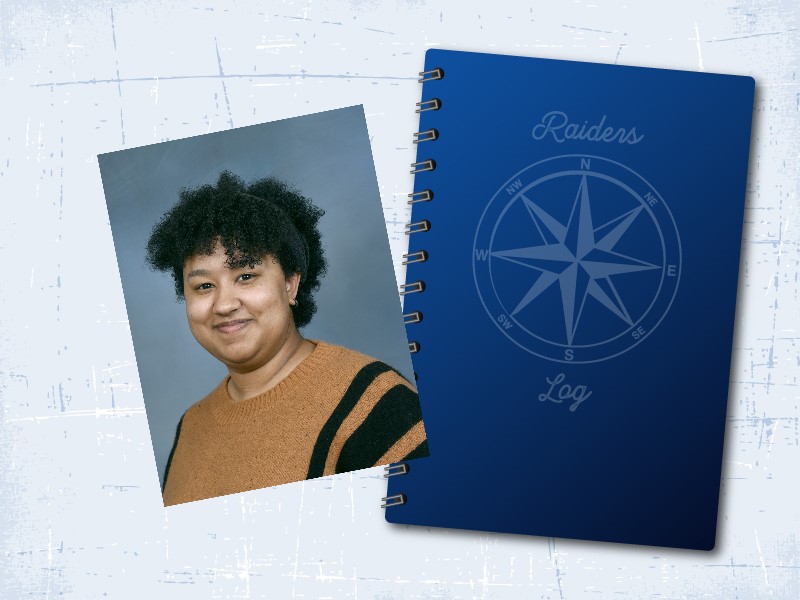Kate Moretti ’00 visited Shippensburg University on September 15 bringing laughs and a great deal of wisdom with her. Moretti is a seven time New York Bestselling author with books that include “Thought I Knew You,” “While You Were Gone,” “Binds That Tie,” “The Vanishing Year,” “Blackbird Season,” “In Her Bones,” “Girls of Brackenhill,” and the forthcoming “The Spires.” She lives in Pennsylvania with her husband and kids.
Moretti believes that a good writer is also an avid reader, and that reading has helped shape her writing more than any writing guidebook she has ever come across. “I try to emulate writers I love,” she said.
This is a sentiment that I have heard repeated by many of my creative writing teachers, who are also published authors. Reading, I believe, gives us a chance to view how another author may navigate plot, character development, and many other minute details that often cannot be taught without seeing them first hand.
Her very first book was a work of passion and boredom. After having her daughter, she found herself with a lot of free time on maternity leave.
Moretti’s friend encouraged her to write the story she has always had tumbling around in her head. About that book she said, “I will never write women’s literature again.” Moretti thinks that there is not enough death to be found in women’s literature.
Her statement about death for characters was met with a lot of trepidation from the young writers in the room, myself included. Killing characters is something, I have noticed, that is difficult for young aspiring authors. I know that the first time one of my stories called for the death of a character, I didn’t go back to it for a good month.
For many writers every character is like a child they have put into the world, so Moretti’s claim came as a curveball to many in the room.
Moretti did go on to explain that those characters she does end up killing off are usually bad people which alleviated some of our concerns.
The once pharmaceutical worker tells us that she writes books like a scientist. “I write the plot down in spread sheets,” she told us, laughing.
I found this to be highly unusual. The other authors I have talked to have always told me that they use notecards or some other form to plot their stories, but this was the first I had ever heard of someone using a spread sheet.
It just seemed to be the exact opposite of creative writing. Sterile and meticulous, and leaving no room for change. However, creativity looks different for everyone and Moretti’s just happens to be scientifically based.
Moretti closed out the night by giving students a last kernel of wisdom. For anyone who wants to write, she tells us just to start. Nothing will ever get anywhere without the courage to begin.
So, take up your pen, your pencil or your laptop and begin!

